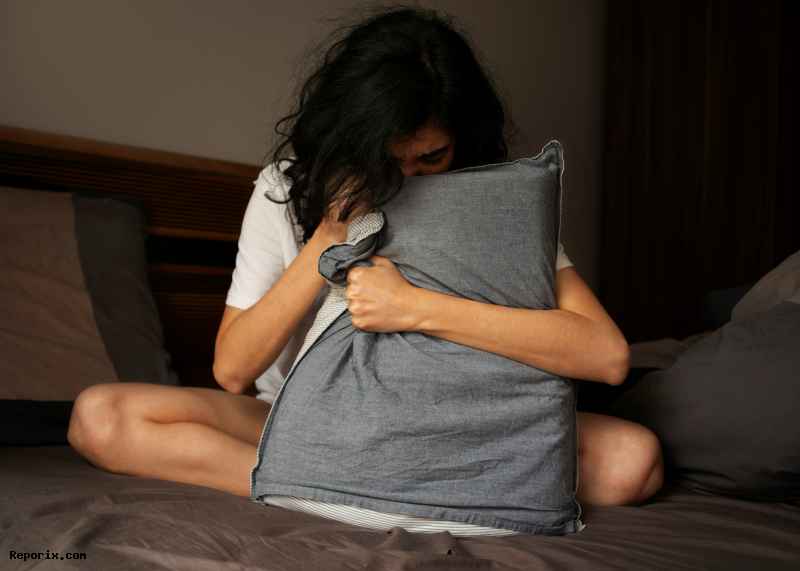Poor sleep affects our lives more than many realize. Difficulty falling asleep, frequent awakenings, or waking up tired can drain your energy, concentration, and overall quality of life. Sleep disorders such as trouble falling asleep, staying asleep, or chronic insomnia are common — but what causes them, and how can you improve sleep naturally without medication?
There are different types of sleep problems. Difficulty falling asleep often means taking more than 30 minutes to doze off, accompanied by racing thoughts. Problems staying asleep involve waking up multiple times during the night and struggling to fall back asleep. Some people wake up too early and cannot return to sleep. Non-restorative sleep means feeling tired despite getting enough hours of rest.
Causes of insomnia are diverse. Physical reasons can include an overactive thyroid, sleep apnea (breathing interruptions), or restless legs syndrome. Psychological factors like stress, anxiety, and depression are common triggers that lead to restless minds, often called the “monkey mind.” Lifestyle habits play a big role too: blue light from phones and computers before bed, irregular sleep schedules, and consuming caffeine or alcohol in the evening disrupt natural sleep patterns.
Chronic sleep deprivation has serious consequences. It reduces concentration, weakens the immune system, and increases the risk of diabetes and dementia. Mood swings and irritability are also common. Studies show that people who sleep less than six hours have four times the risk of catching colds.
Fortunately, there are many proven, natural ways to improve sleep — without pills. Good sleep hygiene is key. This includes consistent sleep and wake times, even on weekends. Your bedroom should be completely dark, ideally with a temperature between 18 and 20 degrees Celsius (64–68°F). Avoid screens at least one hour before bed; instead, read or do relaxing rituals like sipping herbal tea. Eat light meals in the evening, avoid caffeine after 2 p.m., and limit alcohol intake as it disrupts deep sleep. If you find yourself awake at night, get out of bed briefly instead of lying awake and worrying. Daily exercise helps sleep quality but avoid strenuous activity late at night.
Natural sleep aids such as valerian, lavender, or passionflower tea can help with falling asleep. Magnesium and melatonin supplements may be useful for short-term use. Lavender essential oil on your pillow can create a calming atmosphere. To combat racing thoughts, try “thought-stopping” techniques, write down your to-do list before bed to clear your mind, and practice breathing exercises like the 4-7-8 method.
When should you see a doctor? If sleep problems last longer than four weeks, daytime sleepiness or “microsleeps” occur, or if snoring is accompanied by breathing pauses, a sleep lab evaluation is recommended. Blood tests may also check thyroid function or iron levels.
One of the most effective long-term treatments for chronic insomnia is Cognitive Behavioral Therapy for Insomnia (CBT-I). This approach outperforms sleep medications by teaching you to associate the bed only with sleep, restructure negative thoughts about sleep, and reset your sleep patterns. Studies show that 70–80% of patients improve significantly after CBT-I.
Conclusion: Sleep is not a luxury but essential medicine for body and mind. With small lifestyle changes, consistent sleep routines, and patience, anyone can improve sleep quality — often without medication. Good sleep is trainable and the foundation for a healthy, balanced life.




